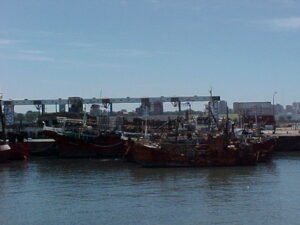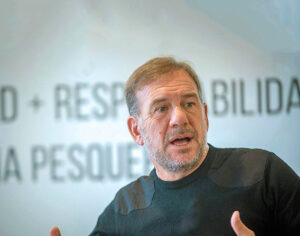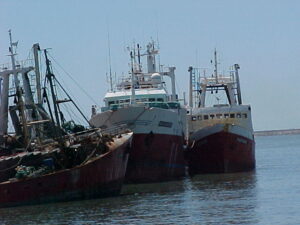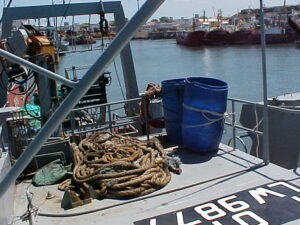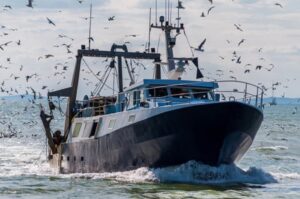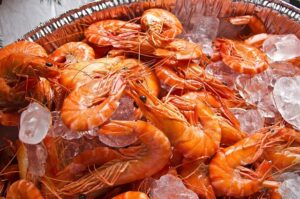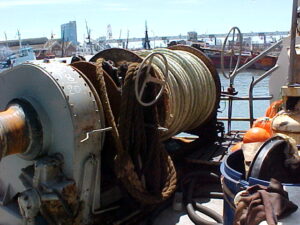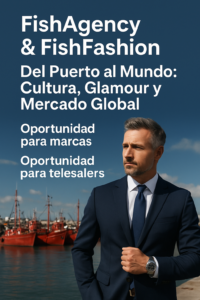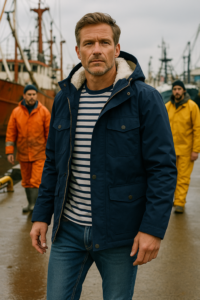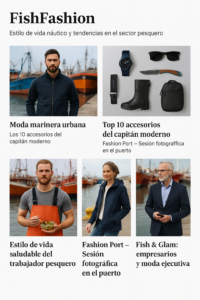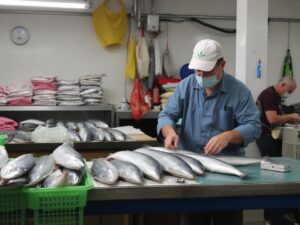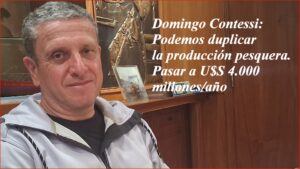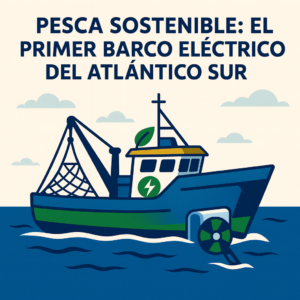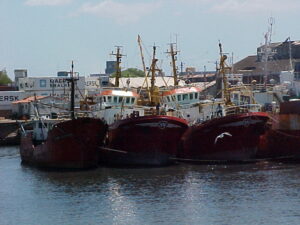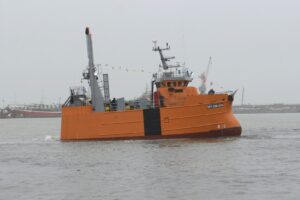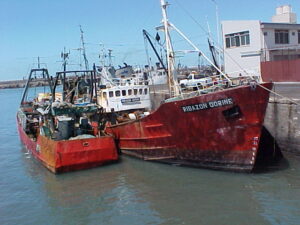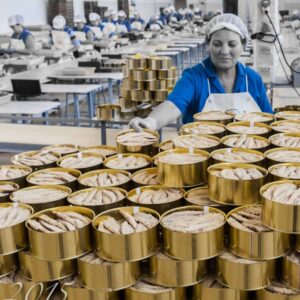FISHAGENCY.NET.- “La pesca necesita certezas: CAPEAR ALFA exige previsibilidad en la recuotificación de merluza”A pocas semanas del...
Foto: https://partedepesca.com.ar/ FISHAGENCY.NET.- La cámara empresaria respondió a las declaraciones de Otto Wöhler, cuestionando la falta de...
FISHAGENCY.NET.- Fuente: CAPEAR ALFA – Comunicado sobre la renovación de las Cuotas Individuales Transferibles de Captura (CITC),...
📰 Nota de prensa FISHAGENCY.NET.- Un informe técnico de la UTN (2024) y un análisis de la...
FISHAGENCY.NET.- Un informe especial de la Consultora Económica Invecq (2025) alerta sobre la creciente presión de flotas...
El ocaso del langostino argentino: de delicatessen mundial a commodity en crisis FISHAGENCY.NET.- Durante años, el langostino...
Fuente: Informe especial – Consultora Económica Invecq, julio 2025OCASO-LANGOSTINO 1. Contexto histórico 2. Factores que explican la...
Las Cámaras de la Pesca Argentina alertan sobre la crítica situación del sector procesador Mar del Plata...
1. Contexto general FISHAGENCY.NET.- La flota fresquera de altura enfrenta una rentabilidad negativa, principalmente por: 👉 Resultado:...
Del Puerto al Mundo: Cultura, Glamour y Mercado Global El puerto no es solo un lugar de...
FISHAGENCY.NET.- Cuando se habla de la pesca, muchos imaginan redes, barcos y filetes frescos. Pero detrás de...
FISHAGENCY.NET.- El puerto no solo es trabajo duro, esfuerzo físico y largas jornadas en el mar. El...
El puerto no es solo barcos y redes. El puerto es fuerza, identidad… y también glamour.De las...
Amigos, FISHAGENCY.NET.- El puerto no es solo un lugar donde llegan barcos: es un universo cultural con...
🎤 Cultura Portuaria & Estilo de Vida en la Moda Señoras y señores, FISHAGENCY.NET.- El puerto no...
FISHAGENCY.NET.- Cuando se piensa en los puertos pesqueros, la primera imagen suele ser la de barcos, redes,...
🔹 Definición General El Quinto Poder es la evolución del sistema informativo global: Su misión principal: sostener...
Como periodista, he visto y vivido muchas cosas. Pero debo decirlo con claridad: no conozco ningún otro...
🔑 La lógica del ajuste y duplicación de exportaciones 👉 En síntesis: es factible, pero requiere decisión...
🐟 Entrevista a Domingo Contessi – Grupo Veraz 📌 Quién es FISHAGENCY.NET.- El Grupo Veraz es un...
🔹 “Pesca sostenible: el primer barco eléctrico del Atlántico Sur” #Proyects ⚓ Barcos Pesqueros Eléctricos: el Futuro...
Retenciones en pesca hoy (¿global o por especie?) Introducción FISHAGENCY.NET.- El sector pesquero argentino atraviesa una coyuntura...
FISHAGENCY.NET.- La ciudad de Mar del Plata fue escenario de un acontecimiento relevante para la industria naval...
Autor: Roberto Guillermo GomesMedio: FishNews / Global Solidarity LiveFecha: 2025 Índice Resumen Ejecutivo FISHAGENCY.NET.- El sector pesquero...
FISHAGENCY.NET.- Resumen ejecutivo. A mitad de 2025 estalló una crisis en el polo conservero de Mar del...

